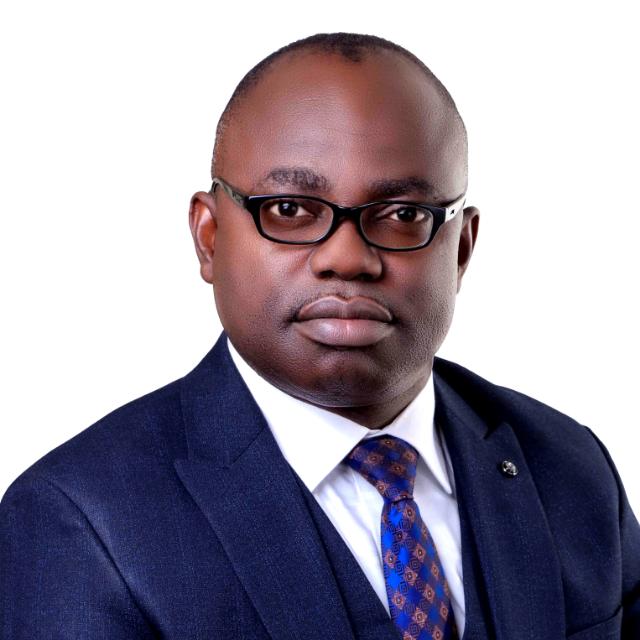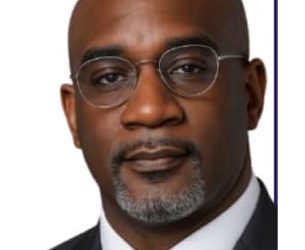If you ask a child what culture means, he probably would say “it is the way of life of a group of people expressed through their food, dressing and language.”
According to the Oxford reference dictionary, culture is “the way of life of a people, including their attitudes, values, beliefs, arts, sciences, modes of perception and habits of thought and activity. Cultural features of forms of life are learned but are often too pervasive to be readily noticed from within.”
The definition above shows that for a person to claim to be “cultured” and live harmoniously within a society, he will need to learn about the lifestyle of the people within that community.
Globally, people have sustained and developed their communities by reaching out to others through their culture and lifestyle, including literature, entertainment and commerce.
Learning about other people’s cultures and celebrating their cultural diversity, therefore, brings people together, takes away biases that lead to conflicts and generally improves the quality of life for both individuals and communities.
Africa, Nigeria in particular, has a rich cultural heritage that is represented in her numerous tribes and one will wonder why the nation is not reaping as much benefits as it should.
It was, therefore, refreshing when The Redeemed Evangelical Mission (TREM) recently organised a ‘Cultural Megafest 5.0’ in Festac Town, Lagos, to showcase the cultural diversity of Nigeria.

At the colourful fiesta, members of the church were randomly grouped into different regions, including northern and southern Nigeria, to compete for a trophy by showcasing the uniqueness of different cultures.
The TREM pastor says the aim of the megafest was to debunk the negative perception of culture by celebrating the cultural diversity of the nation, while trying to break down walls that demarcate and limit Nigerians.
The pastor of the church, Rev. Iyke Osuji, says many Africans fear that anyone who participates in cultural activities will not make heaven.
“You will be amazed by the nature of people in heaven. It is for every nation, tribe and people but religion and culture has the tendency to dictate to us that we can’t see God,” he said.

Mrs Chika Ashara, Vice-Chairman of Amuwo Odofin Local Government (AOLG) Area of Lagos State, where the church is located, says the programme helps to foster peaceful coexistence in the community.
Ashara says cultivating the habit of coming together to share and enjoy each other’s culture will not only help communities but also the nation.
A participant, Mrs Mary Nwaonicha, says knowing the culture of other tribes made her proud as a Nigerian.
Nwaonicha, who hails from Edo and married to a Deltan, said celebrating cultural diversity helps people learn new things and unite the nation.

Ten year old Nicole Odafe, who was in the northern group, says she learnt new things about the Hausa and Fulani cultures and looked forward to eating ‘miyar gyada’ (groundnut soup) and ‘miyar kifin’ (catfish soup).
Another participant, Mr Patrick Chukwu, says the annual event reminds him that in spite of their ethnic and cultural differences, members of the church achieve success by working as a team.
Mrs Joyce Ihezue says the annual fiesta helps to showcase people’s talents and gives members the understanding of culture as a unifying force.
Ihezue said: “We may have different issues but when it comes to Megafest, everyone comes out with zeal and enthusiasm. Seeing somebody from the South-West or South-East taking part in the northern group and vice versa is unifying.”
Mrs Grace Ezeiraku says the church has achieved unity in diversity as the members know that irrespective of their different tribes and cultures, they are one in Christ.
“In our Megafest, everyone is represented and helps us achieve an ultimate goal that all tribes and cultures who come to God through Christ are saved,” she said.
The Chairman of the Megafest Committee, Mr Chukwu St. Michaels, urged Nigerians to shun divisions along cultural lines so they can move the nation forward.














